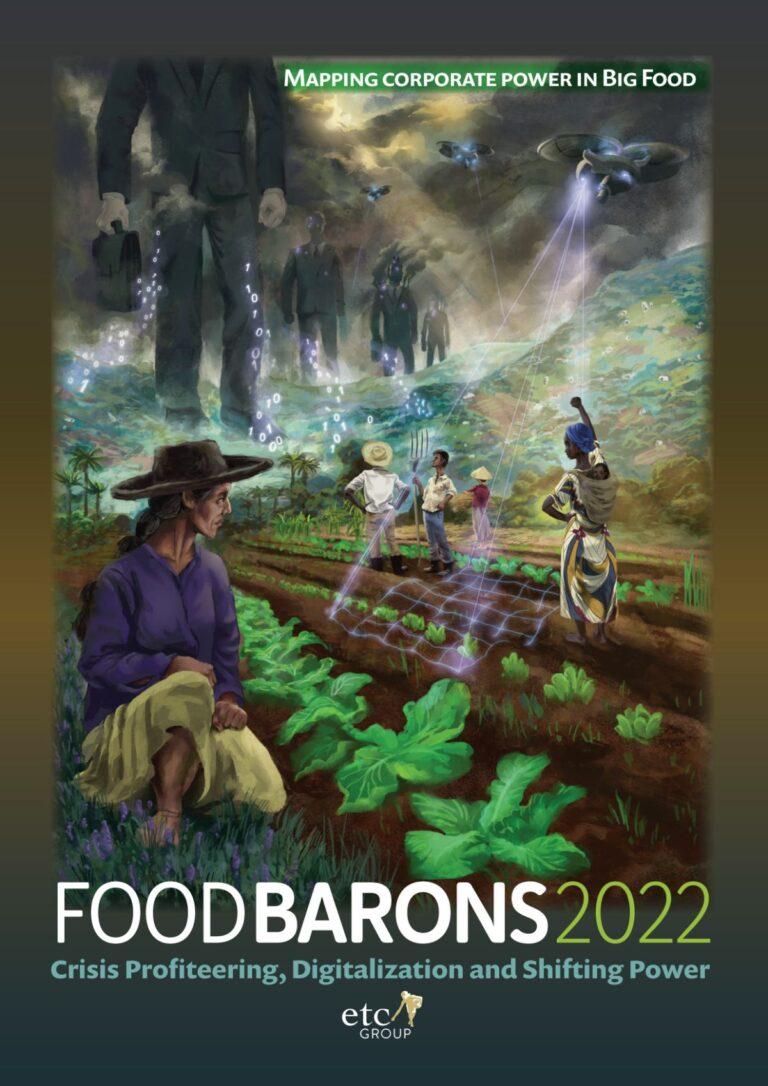Even if you’ve never set foot in a gym, you’ve probably heard opinions about protein. There are all kinds of perspectives on this macronutrient, from how much to consume, when to consume it, and what types are the best for athletes. It can be a bit overwhelming, but let’s start with the basics: Protein is essential for athletic performance, recovery, and general health, and protein powders are a great way to meet those needs.
Official guidelines state that the average person should consume 0.8 grams of protein per kilogram of body weight (or 0.36 grams per pound) per day. This is the Recommended Dietary Allowance (RDA)—the base amount of protein you need in order to stay healthy. Recent research shows that athletes should aim to consume more: 1.3 to 1.7 grams of protein per kilogram of bodyweight per day (up to 2.4 grams if you want to preserve muscle mass).
Even so, most people already get a hefty dose of protein in their diets. The average American eats 65 to 90 grams of protein per day. Runners who follow a varied diet—even vegetarians—likely consume enough protein from whole foods, says registered dietitian Jenna Braddock, C.S.S.D. “You don’t have to have protein powder products even though marketing tells us otherwise,” Braddock tells Runner’s World.
There are scenarios where you might need to give your protein intake a boost: If you’re undergoing an intense training regimen or if you’re breastfeeding, for example. In those cases, or if you don’t have time to cook three square meals a day, protein powders are a helpful way to get more of this vital macronutrient.
Best Protein Powders
The Purpose of Protein Powders
Perhaps the greatest benefit of protein powders is they’re a convenient source of important nutrition. “They can serve a helpful role for anyone who’s looking for an easy way to get a good dose of protein,” Braddock says.
A scoop or two of powder might deliver 30 grams of protein, which can be easier to consume than certain portion sizes of food, say, chicken for example, Braddock says. (A three-ounce portion of chicken contains about 26 grams of protein.) Powders can be easily mixed into just about anything, including oatmeal, smoothies, baked goods, or just with water.
What to Consider in a Protein Powder
It can be easy to get caught up in marketing labels touting claims like “weight loss,” “improved performance,” “vegan,” “organic,” “superfood blend,” and not know what powder might be best for you and your needs.
Scoop and serving sizes
When reading the nutrition labels to determine if a certain protein powder is right for you, it’s important to note the scoop and serving sizes, Braddock says. Not all scoops are the same size, and some powders, even those that use the same type of protein, require two scoops instead of one for a substantial serving of protein. For example, you might need two scoops of some plant-based powders for just 12 grams of protein. “There’s nothing wrong with that,” Braddock says. “But in my opinion, that’s a lot of scoops to get to 24 grams of protein.” Other brands might offer a whopping 40 to 50 grams of protein in a scoop or two.
Type of protein
There are a variety of protein sources, with more coming on the market, seemingly every day.
▶ Whey: This is the standard bearer of protein powders. It’s a tried-and-true source that offers a complete protein profile, meaning it contains all nine essential amino acids. It’s dairy-based, which can be a dealbreaker for people who struggle with dairy intolerances or who follow a plant-based diet. You could argue that whey powders are the most palatable, largely because manufacturers have been developing the taste and consistency for decades.
▶ Pea: This recent entrant into the protein powder market can be hit or miss when it comes to taste because it’s so new. Two scoops contain about 27 grams of protein. It’s vegan-friendly, increasing its popularity for those who avoid dairy.
▶ Soy: Like whey, soy protein powders are a tried-and-true option. It’s a plant-based protein that provides all nine essential amino acids. Soy has been under fire over the years for potentially causing adverse health effects, but research doesn’t support that, Braddock says.
▶ Protein blends: Powders are now also available as blends from certain ancient grains, including quinoa and amaranth, giving plant-based runners yet even more options.
Ingredients and Certifications
Working with a sports dietitian is a helpful way to determine if you might benefit from adding a protein powder supplement to your diet, and if so, what the powder should contain. Some powders contain vitamins, minerals, and probiotics. Certain people, Braddock says, might only need protein, so they can forgo the pricier powders that contain nutrient boosts, including superfoods. “But a breastfeeding runner might need more nutrition than just protein and should look for additional carbohydrates, fat, and fiber,” she says.
You might see protein powders that also bill themselves as containing “superfoods,” like broccoli sprouts or acai. These are add-ons that aren’t always necessary, Braddock says, and can jack up the price of already-expensive powders. Plus, the amounts of these superfoods are so small that there might not be much of a benefit at all, Braddock says.
When reading an ingredients list, the lowest quantities are at the bottom, which means there isn’t much in the product at all. “If the brand is marketing a superfood, but it’s at the tail end of the list, chances are it’s not a significant amount,” she says.
Supplements, like protein powders, are also not regulated by the U.S. Food and Drug Administration, which means brands can make claims that aren’t true or tout ingredients that aren’t really there. Braddock advises people to look for powders that are certified by third-party companies, including USP, NSF, Informed Choice, and Informed Sport.
“Just because something is certified doesn’t mean it’s effective,” she says, pointing out these certifications vet the ingredients, and in the case of sports certifications, confirm the products don’t contain banned substances for performance.
How We Test and Recommend
We researched highly-rated protein powders online, drew on our experience with various protein supplements, and incorporated RW editor and expert feedback to choose the products below. We focused on powders that are third-party certified and provide a significant dose of protein. We also worked to highlight options that suit different dietary preferences, including whey and plant-based powders, as well as a range of flavors beyond just classic chocolate. You can easily compare options by looking at the “Key Specs” section for each product. No matter which you choose, these protein powders will help you get the nutrients you need.
This content was originally published here.




















